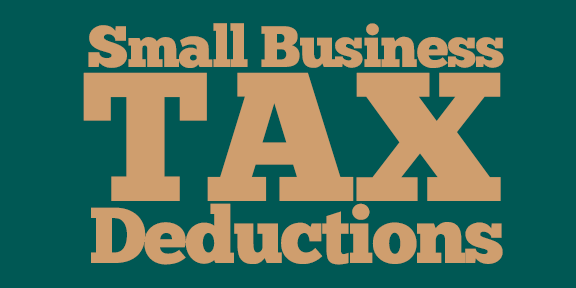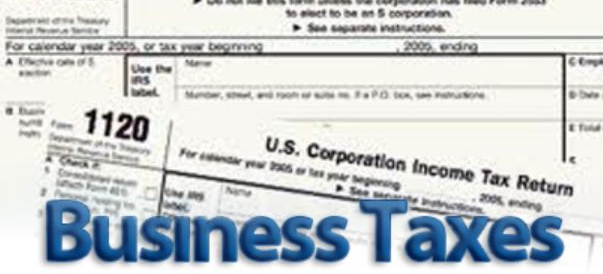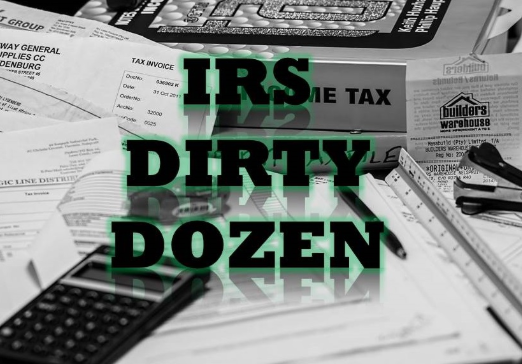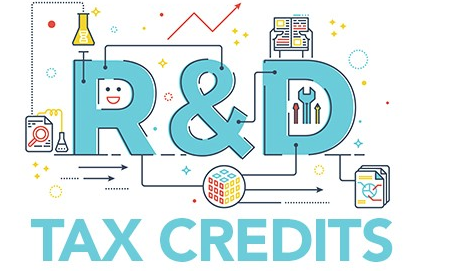The Tax Cuts and Jobs Act & Small Business Taxes

By Debbie Gregory.
Taxes aren’t a fun to deal but incredibly important. For most businesses, annual tax expenses are often their largest outlay of money annually. These costs exceed rent or mortgage payments, vehicle expenses, and marketing costs. The recent Tax Cuts and Jobs Act drastically changed a lot of our tax laws, specifically ones for businesses. Below we outline some of the changes and provide you some advice. Always check everything with your tax professional before taking action.
New Laws, New Rules
The recent Tax Cuts and Jobs Act reduced the tax rates for some small businesses. C Corporations and S Corporations now have a flat tax rate on top of reduced tax rates for individuals. This act also added an array of deductions or credits for offering health insurance, retirement plan contributions, and continued wages during family and medical leave to your employees.
Some other deductions were eliminated or dramatically changed. Prior to the Tax Cuts and Jobs Act, businesses were allowed to deduct the cost of entertainment for their clients. Now, regardless of how relevant, you cannot deduct entertainment and you can only deduct 50% of the cost of any food served (prior to the law you could deduct 100% of all entertainment and food).
Get A Pro
Did you know that new federal, state, and local tax rules occur each year? Not keeping up with all of the changes can really hurt your business. Most small businesses use paid tax professionals to complete their tax returns each year due to the complexity of our tax laws. Unfortunately, given the complexity of the changes by the Tax Cuts and Jobs Act, most paid professionals have been slowly raising their prices because of the added time now needed to complete the new forms and schedules.
Preparing for tax time and actually doing your taxes is a huge drain on a business’s resources. Even if your business uses a professional tax person, there are still a lot of things that must be taken care of by the business before the professional steps in; things like record keeping, meeting and talking with the tax professional, paying for services, checking past returns, and more.
Do Not Lie
Even if your business uses a tax professional, mistakes can still happen which can cost you additional in interest or penalties. You may also be tempted to try to outsmart the IRS, but their computer systems are state of the art and they catch conflicts in returns often. Honesty is the best policy.
Our Advice
The US tax rules are constantly changing, it is always best to pay attention to taxes all year long (not just at tax time), watch for changes in laws, and always consult a professional for help.
Need more assistance?
The IRS has a lot of information on their website : IRS’s Small Business and Self-Employed Center.














